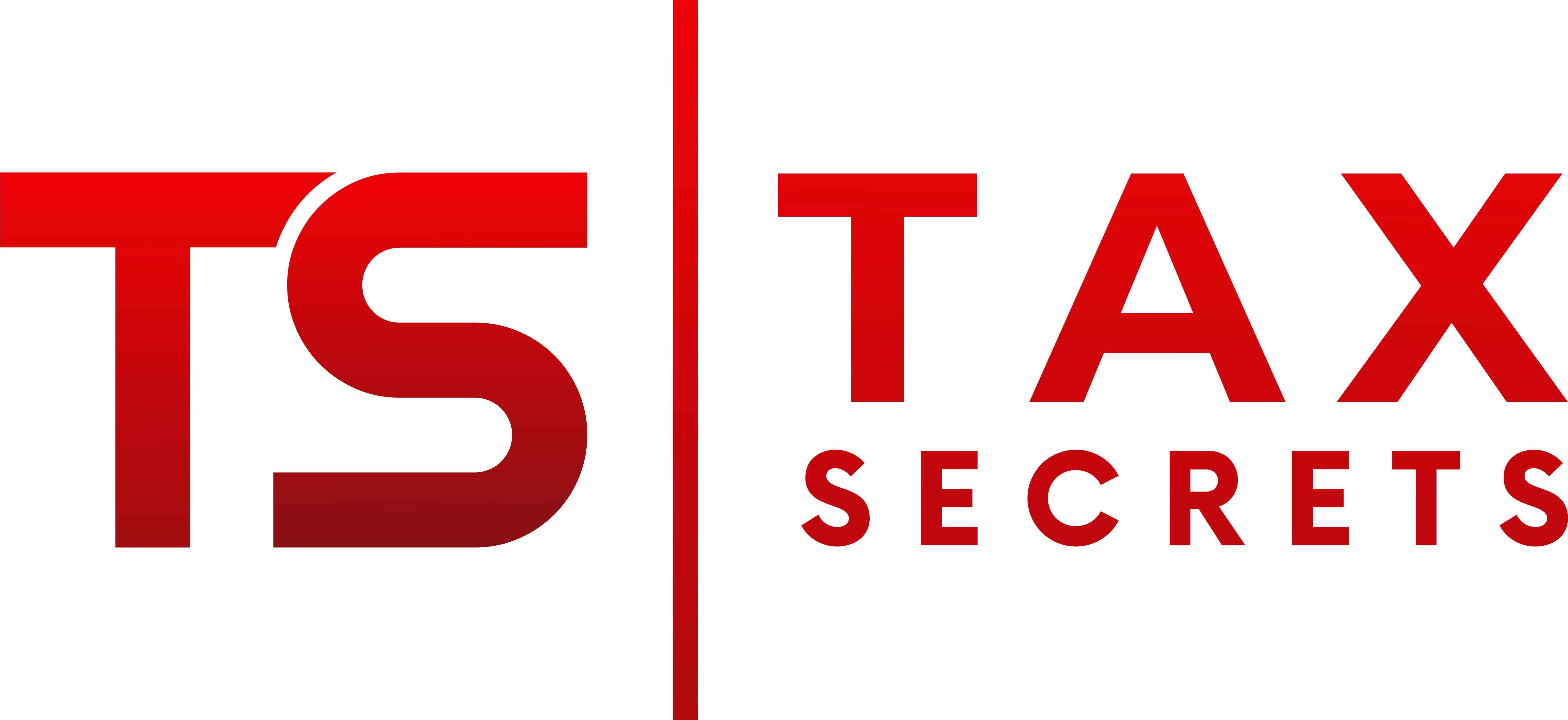Jensen Huang’s Billion-Dollar Tax Strategy: How the Nvidia CEO is Legally Avoiding Taxes
Jensen Huang, the mastermind behind Nvidia’s meteoric rise, is not just a pioneer in artificial intelligence chip manufacturing—he’s also an expert in navigating America’s tax system. With an estimated net worth of $127 billion, Huang’s estate should, in theory, be subject to the 40% federal estate tax upon his death. Yet, through an intricate network of legal tax strategies, Huang is on track to shield an estimated $8 billion from taxation. A New York Times deep dive recently explored Huang’s financial moves, and we’ll take a closer look in just a moment.
However, it’s important to note that Jensen isn’t alone in how he views taxation – this is a wider trend among the ultra-wealthy, who employ trusts, charitable foundations, and legislative loopholes to preserve their vast fortunes.
How Huang is Avoiding Estate Taxes
Huang’s tax strategy revolves around two main vehicles: intentionally defective grantor trusts (IDGTs) and grantor-retained annuity trusts (GRATs). These financial tools have become increasingly common among billionaires, including Mark Zuckerberg and the late Sheldon Adelson, enabling them to transfer immense wealth to heirs with minimal tax liability.
The “I Dig It” Loophole
One of Huang’s most powerful tools is the IDGT, or what tax experts affectionately call the “I Dig It” maneuver. The strategy involves:
- Creating a trust that is treated as the same taxpayer as its grantor (Huang, in this case) for income tax purposes.
- Selling or loaning assets to the trust at a low-interest rate, thereby allowing appreciation to occur outside of his taxable estate.
- Paying the income taxes on behalf of the trust, further reducing his taxable estate without triggering gift tax liabilities.
Tax attorney Bob Lord has examined how billionaires use Intentionally Defective Grantor Trusts (IDGTs) to reduce estate tax liabilities, citing Phil Knight’s estate planning as a prime example. Lord noted, “First, the Travis Irrevocable Trust almost certainly was an intentionally defective grantor trust (IDGT).” The trust, established by the Nike co-founder, drew scrutiny due to its role in shifting billions of dollars in assets to Knight’s heirs while avoiding estate taxes. By leveraging IDGTs, ultra-wealthy individuals can legally transfer massive amounts of wealth without triggering gift or estate taxes, reducing their overall tax burden.
Professor Wendy C. Gerzog has also criticized the use of IDGTs, arguing that they exploit inconsistencies in tax law to create significant advantages for the ultra-rich. In her research, hared by the ACTEC Foundation, she explains that these trusts allow billionaires to sidestep tax obligations that ordinary taxpayers must pay, effectively undermining the intent of the estate tax system.
The Grantor Retained Annuity Trust (GRAT) Advantage
In 2016, Huang and his wife set up several GRATs, shifting more than three million Nvidia shares worth around $100 million into these financial instruments. The logic is simple:
- The assets in the trust are expected to appreciate significantly.
- Huang receives an annuity payment from the trust, effectively getting back most of what he put in.
- Any remaining appreciation in value is passed on to heirs tax-free.
Today, those same shares are worth more than $15 billion, translating into an estimated $6 billion in estate tax savings for the Huang family.
Professor Daniel Hemel, a tax law expert at New York University, has pointed out that the widespread use of GRATs and similar estate planning tools is largely due to legislative loopholes that have remained unaddressed. “I don’t blame the taxpayers who are doing it. Congress has virtually invited them to do it,” Hemel remarked in a ProPublica investigation on tax avoidance strategies.
His statement is indicative of the fact that ultra-wealthy individuals are not breaking the law but rather taking full advantage of a tax system that, through years of policy choices and regulatory inaction, has enabled them to pass down billions with little to no estate tax liability.
The Charitable Foundation Loophole
Starting in 2007, Huang began donating Nvidia shares to his charitable foundation, the Jen Hsun & Lori Huang Foundation. By transferring over $330 million in stock, Huang reduced his taxable income while also securing another estate tax loophole.
A significant portion of his donations went into a donor-advised fund (DAF) named GeForce. DAFs are particularly advantageous because:
- They provide immediate tax deductions while allowing donors to retain control over the funds.
- Unlike private foundations, DAFs have no mandatory payout requirement, meaning the money can sit indefinitely.
- DAF assets are excluded from estate tax calculationsupon the donor’s death.

